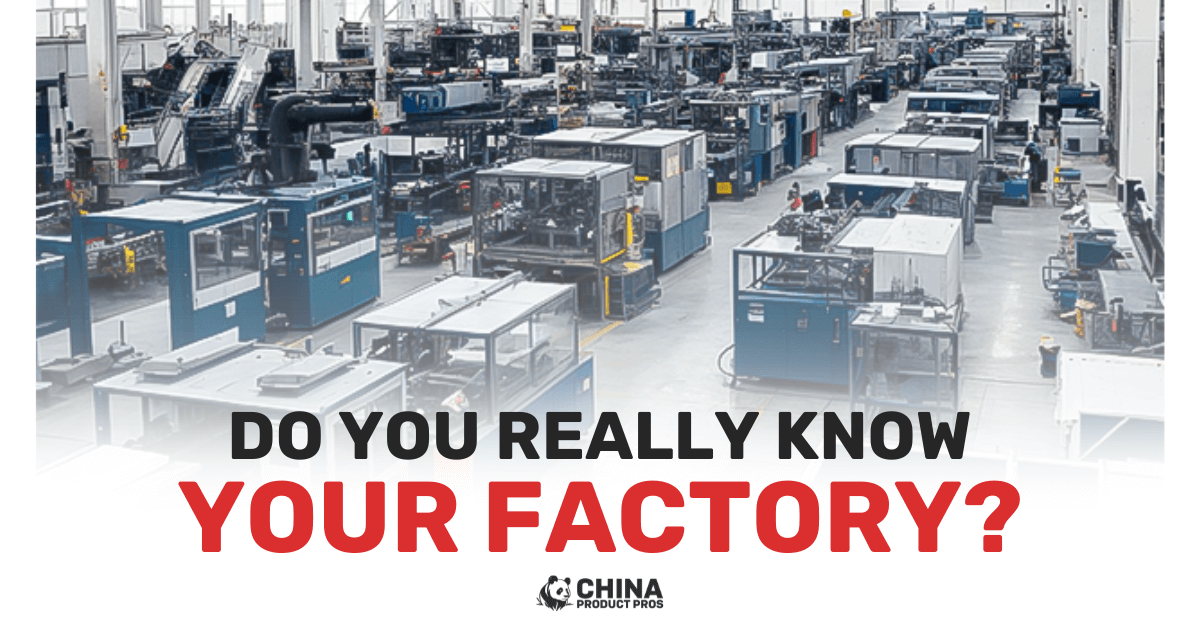Facing crazy high Amazon fees? Here’s one way brands can save big $$$.
Actual experience and strategy shared.
In my new series, I explore ways we lowered the cost of goods (COGs) for clients and in our own private label brands.
Tip 2: Work Directly with a Factory or Lose Bundles of $$$
Here’s the skinny: many brands think they are working with a factory but are actually working with a trade company.
So, why is the difference between the two important?
Because a trade company (a middle man) will mark up purchase orders by 20-40% each and every order as long as you order with them.
Whereas by working with a factory you will avoid that markup and get direct-to-factory pricing.
Let’s do some math:
Assuming you order $300,000 in products annually, then a 30% markup represents $90,000 in additional cost of goods (COGs). Or, in other words, by ordering direct with a factory that is $90,000 more in your pocket. Scale the math up or down for your own scenario.
With current sky high Amazon fees, this savings can be the difference between being profitable or not.
Trade companies have a place in the market, helping to bridge the gap on language and cultural differences, help with inspections, and communication.
But more and more factories have export offices to provide the same services. If they don’t have this capacity, then great sourcing agencies (like ours or others) can help find factories and bridge the gap at a much, much lower rate than what trade companies charge.
I could go on about communication and quality advantages of working direct but for this post I want to focus on profitability.
So how can you tell the difference? I’m glad you asked.
➤ Business Type: check the “Business Type” on their Alibaba profile. “Manufacturer” means factory; “Trading Company” means middleman.
➤ Product Catalog: Factories focus on a specific product category, while trading companies may offer a wide range of unrelated products.
➤ Factory Photos and Videos: Look for actual production line images or videos. Absence may indicate a trading company.
➤ Company Profile: Factories talk about their production capabilities; trading companies highlight a variety of services.
➤ Certifications and Audits: Factories are more likely to have manufacturing-related certifications and audit reports.
➤ Location: This is my favourite quick check. Factories are in industrial areas; trading companies in commercial districts. A quick Google Maps or Baidu maps check can reveal a lot.
➤ MOQs: Higher MOQs usually point to a factory, as they produce to order. Trading companies often have lower MOQs, accommodating smaller purchases.
Give this a go to get a better idea of who you’re working with.
As always, happy sourcing!


0 Comments